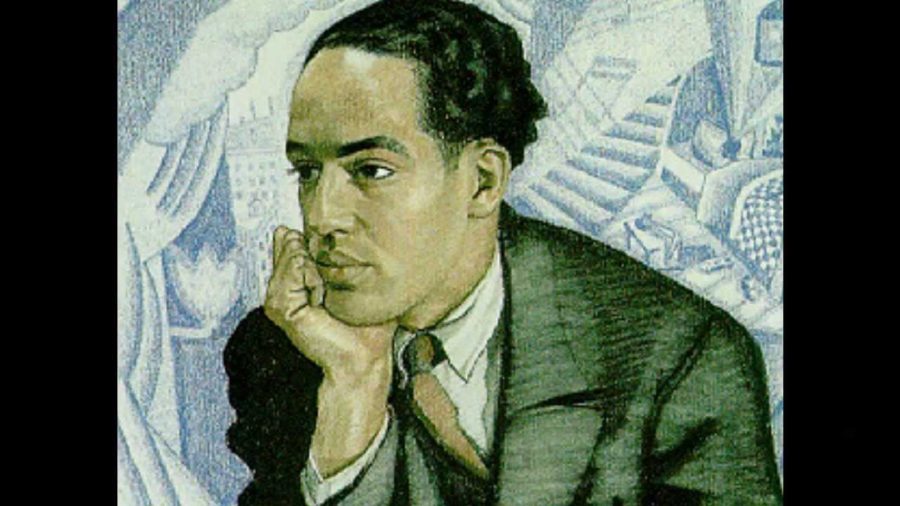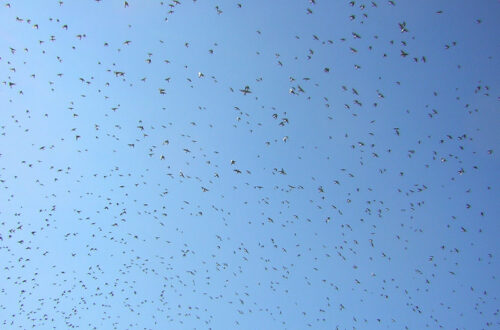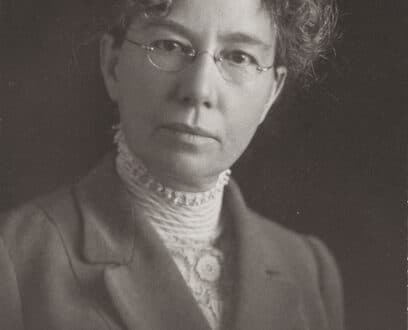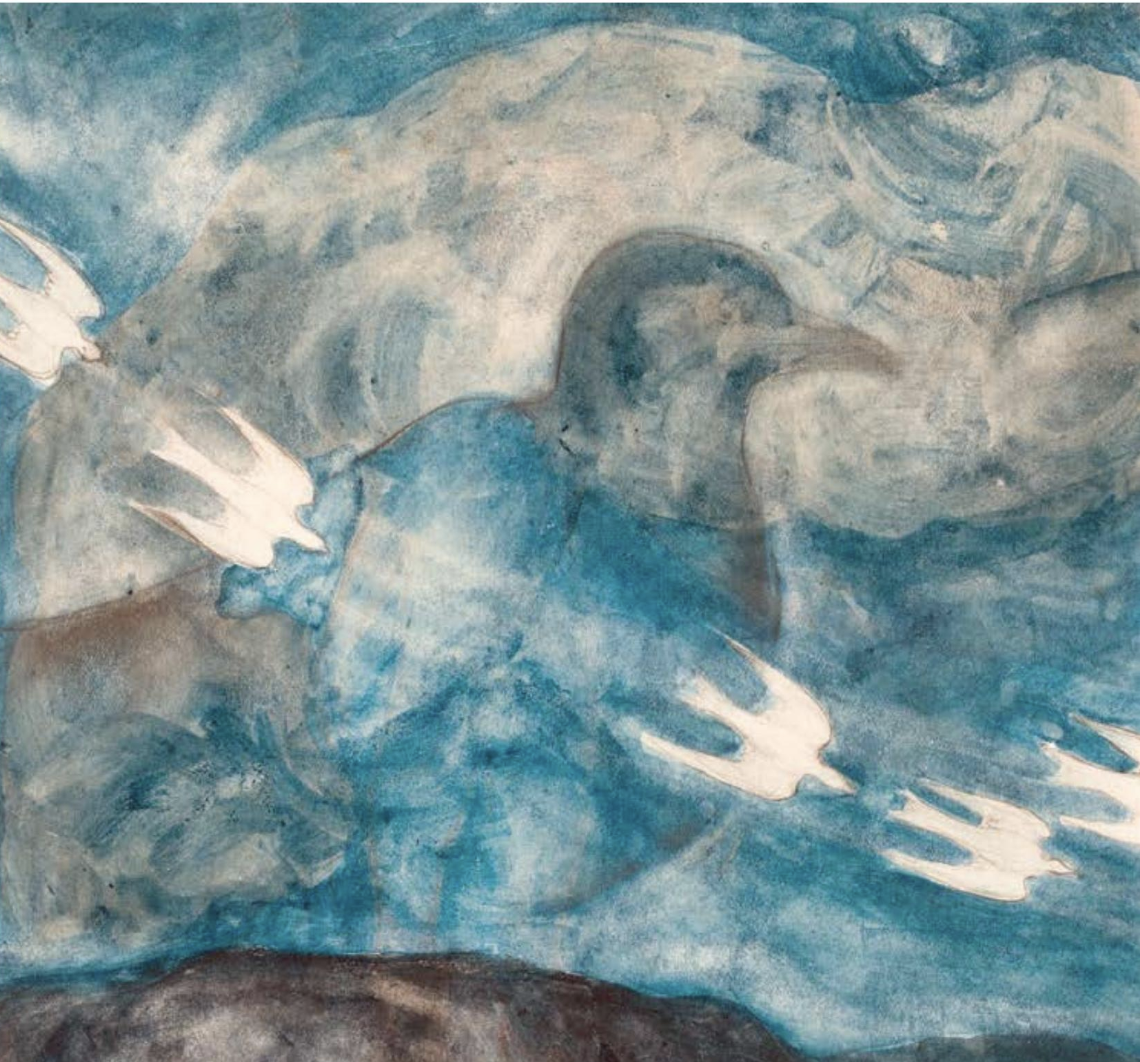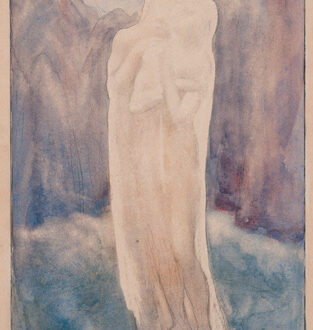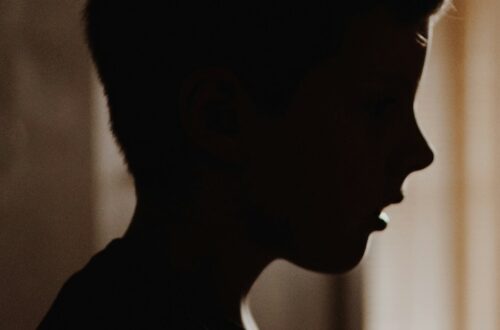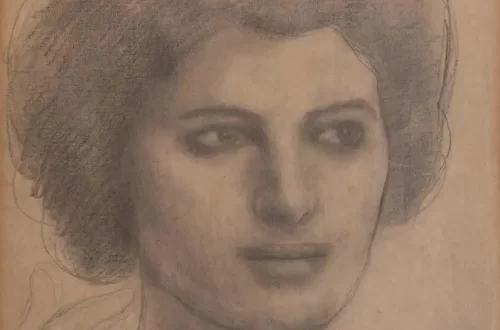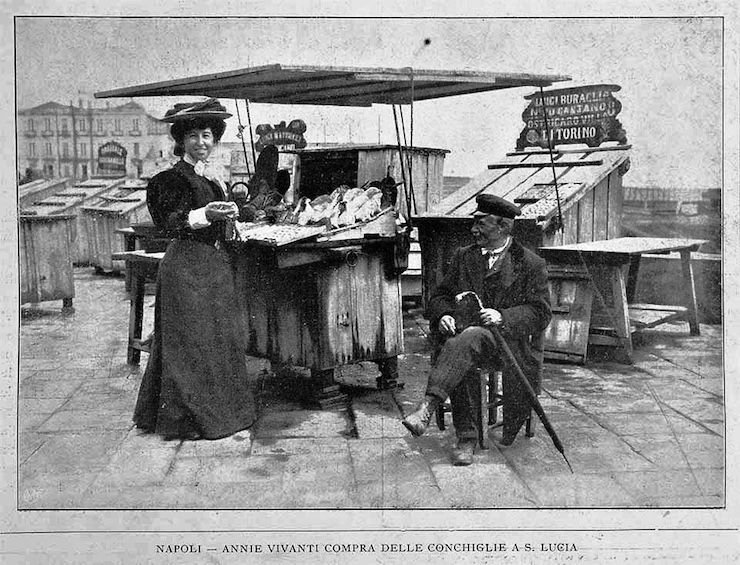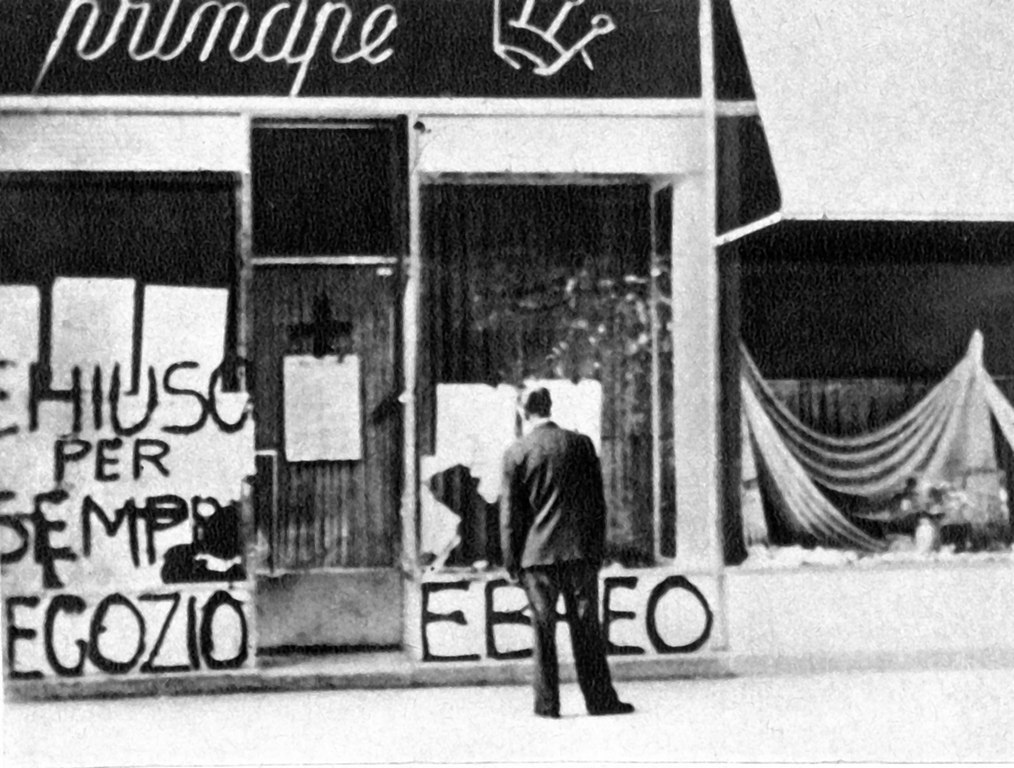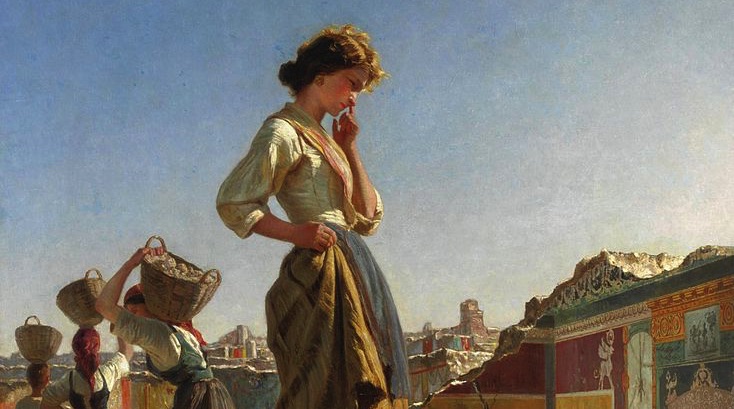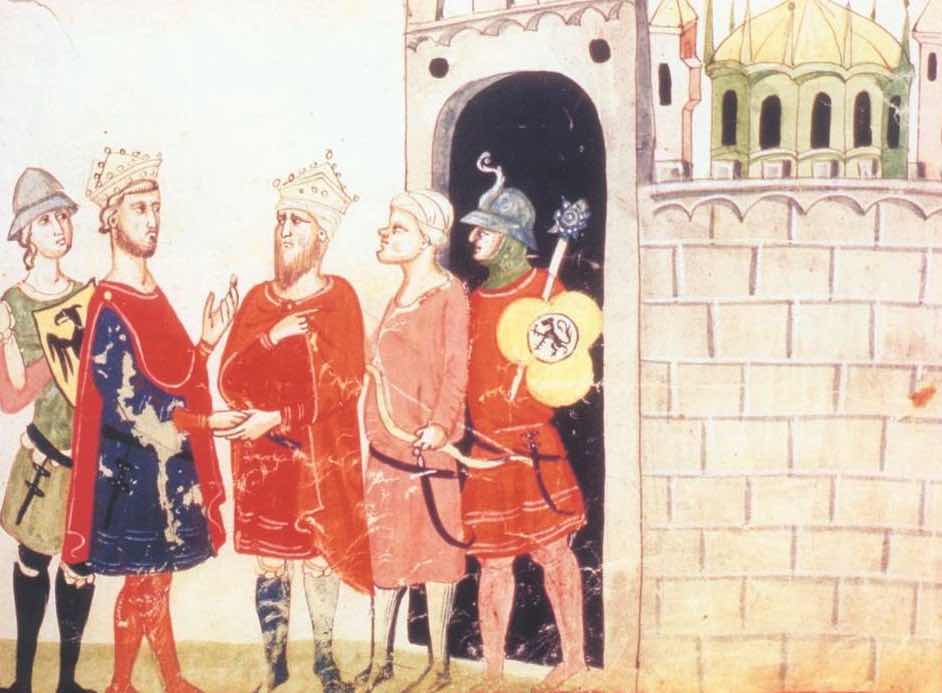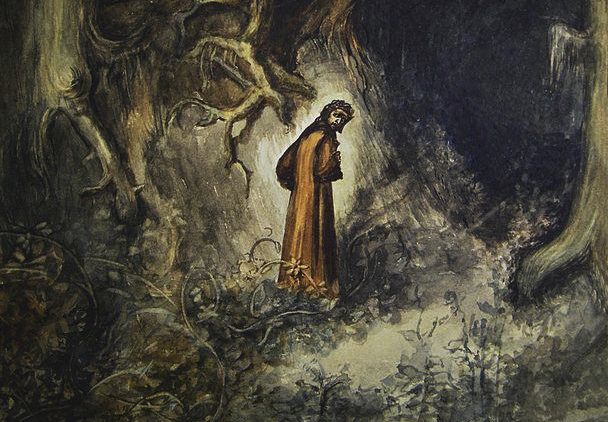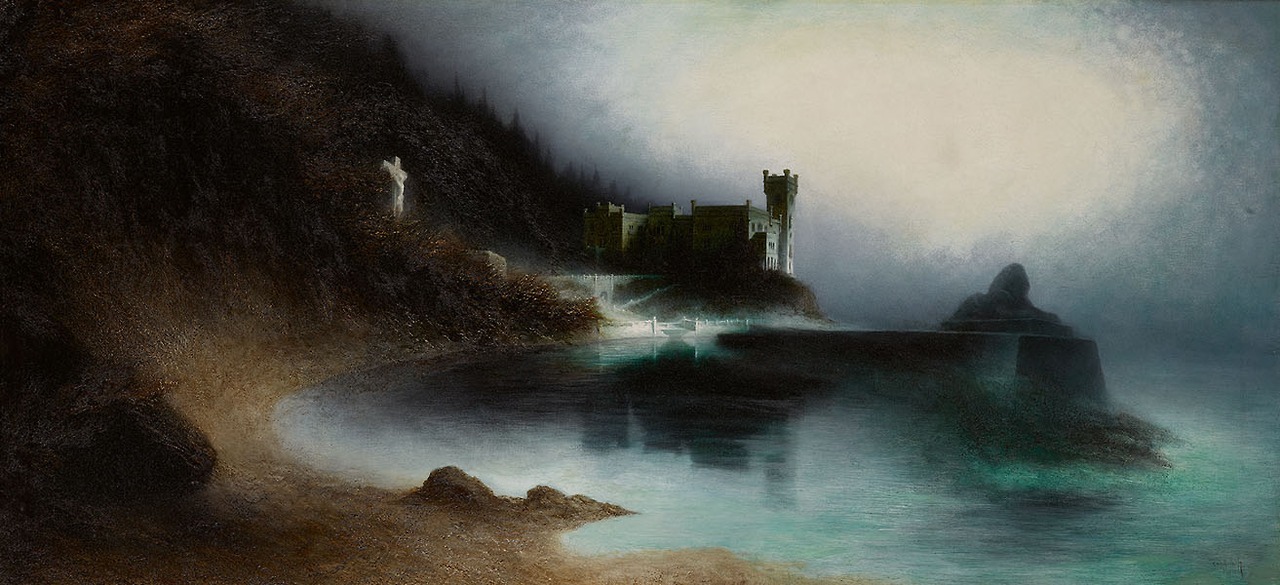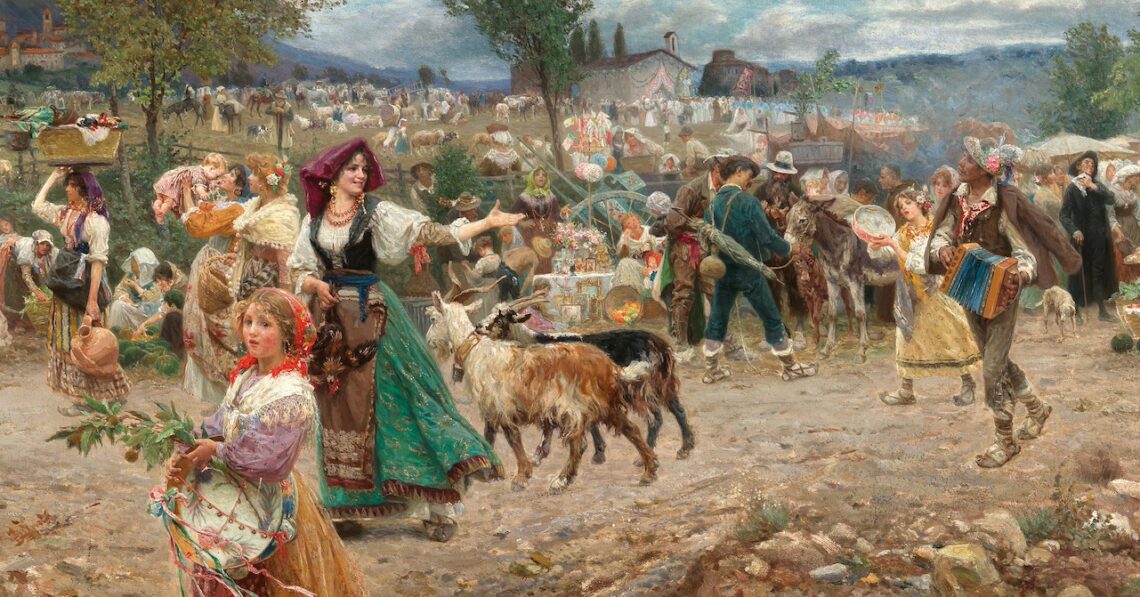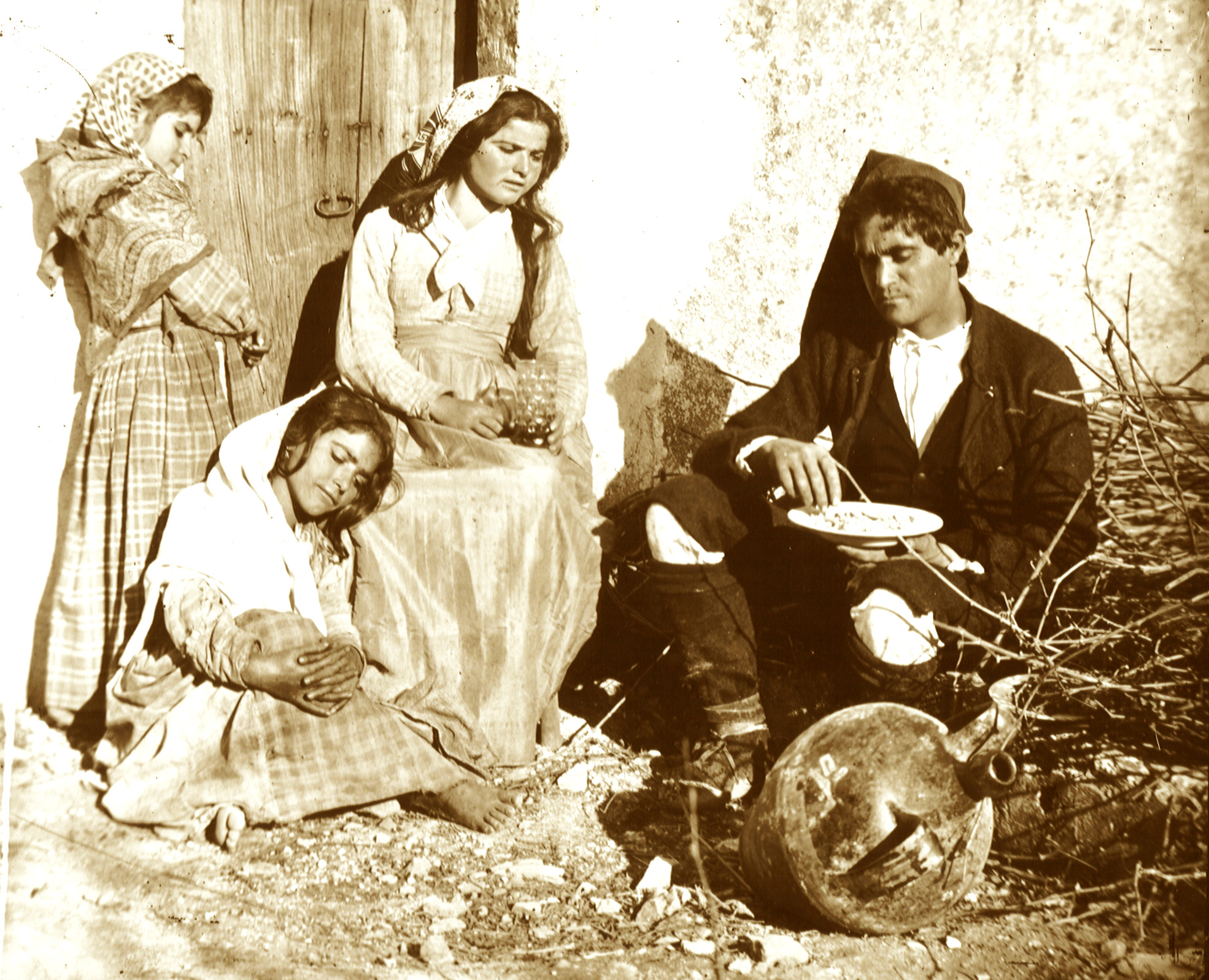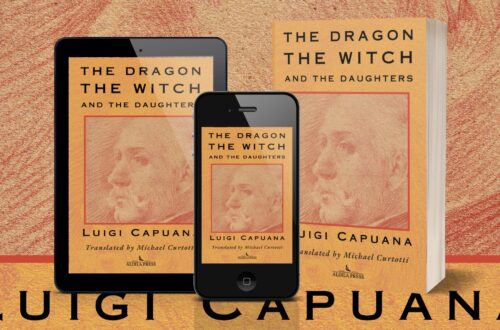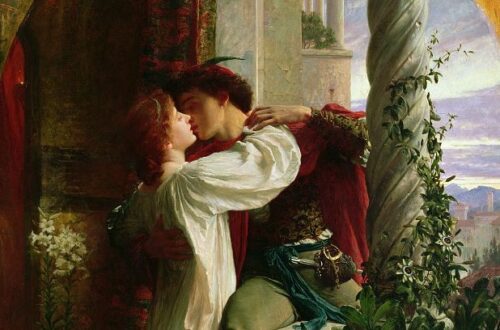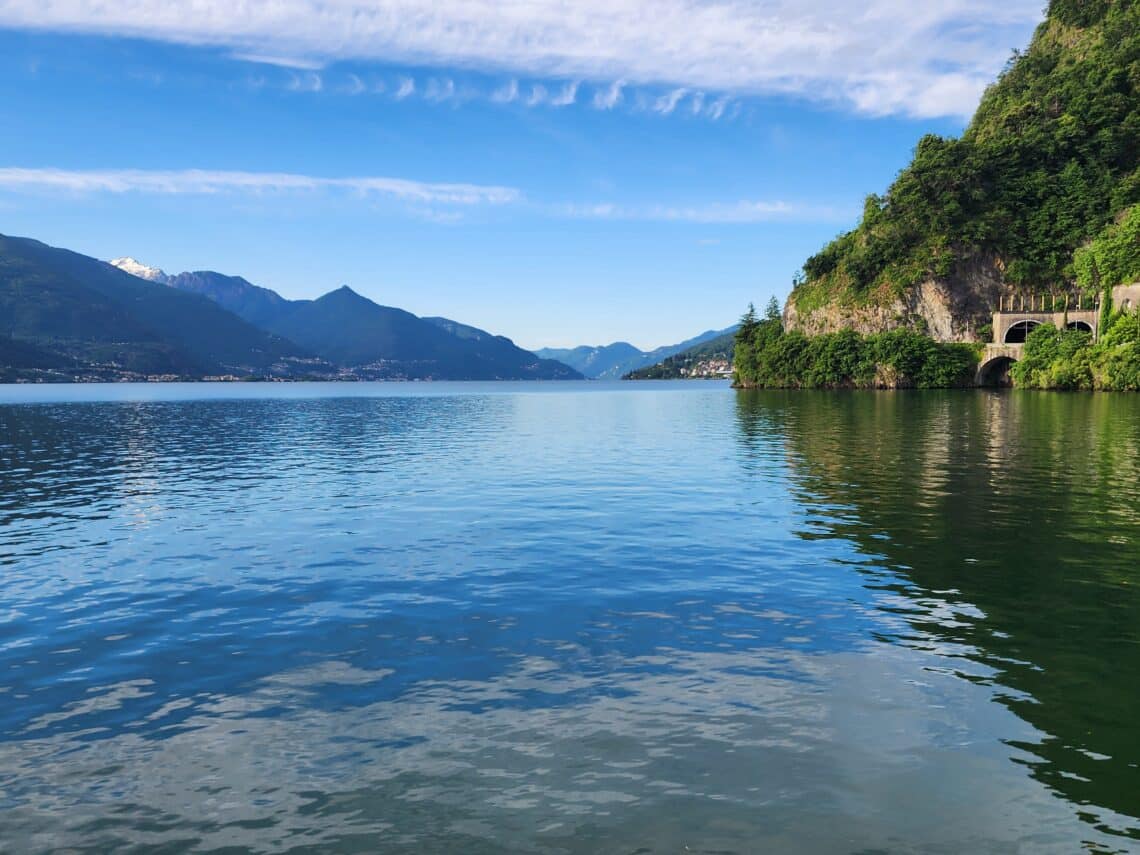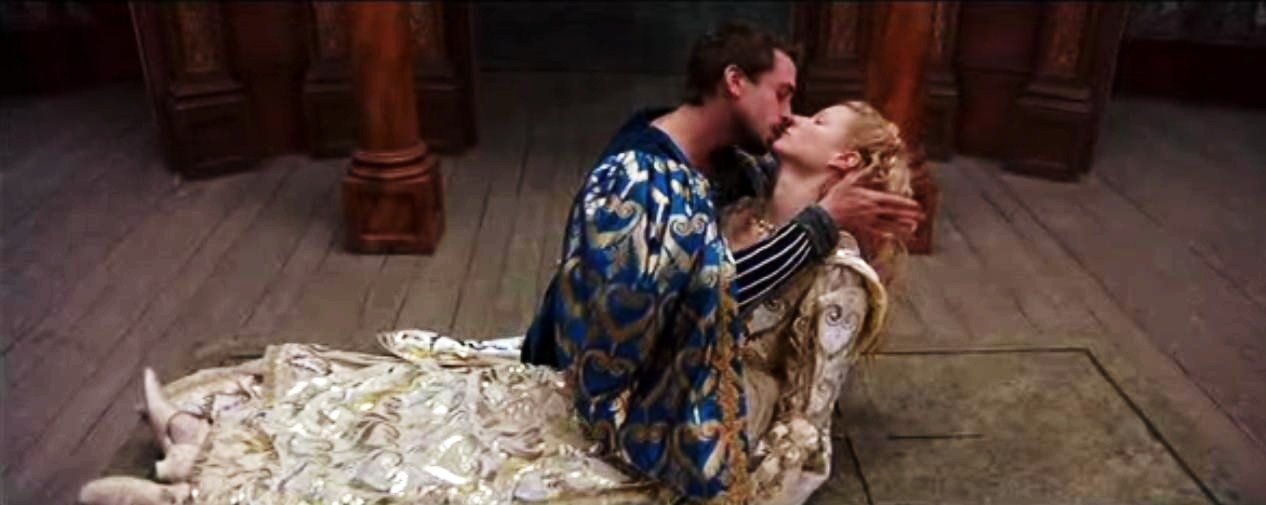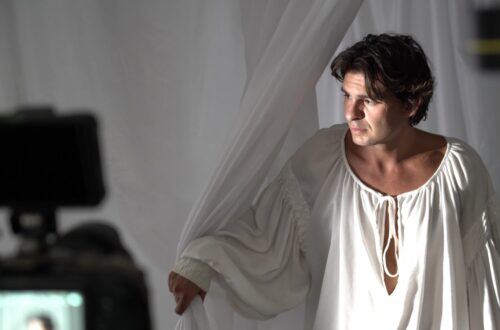Italian-English translation
-
Echoes of Other Tongues
The poem below plays with language and voice. Recently I have been publishing poems in bilingual form: an original accompanied by a translation (English-Italian or English-Arabic). My poem below experiments with blending language and meaning into a single whole. La seguente poesia gioca con la voce e con la lingua. Di recente ho pubblicato poesie bilingue: un originale con una traduzione (inglese-italiano o inglese-arabo). Questa poesia prova a fondere due lingue e significati in un singolo insieme. In Andalusia, when Arabic was still the language of government and literature, writers did not confine themselves to one language, but could mix Romance and Arabic or Hebrew together. Muwashah poetry (a particular…
-
Words take flight: for Kahlil Gibran and May Ziadeh
This poem is dedicated to Kahlil Gibran and May Ziadeh. Both their lives ended tragically. They each possessed a remarkable freedom which allowed them to cross boundaries of language and culture. Questo poema è dedicato a Kahlil Gibran e Mayy Ziyade. Entrambe le loro vite sono finite tragicamente. Ognuno di loro aveva una libertà che dava loro la capacità di oltrepassare confini di linguaggio e di cultura. Ziadeh was a remarkable literary figure who knew multiple languages; her poetry was influenced by both west and east. Born in Palestine, she later moved to Egypt. She began her literary career writing French poetry, and also in English and Italian. Later she…
-
Annie Vivanti – What is your country and what your faith?
Annie Vivanti was a celebrated writer in her own day, and her works were translated across Europe. Her poem “ego” (used in the sense of “I”), caught my attention. It appeared in her first collection of poems and captures the orientations of youth. She is not yet twenty when she writes it, and she uses it to introduce herself and her poetry. Yet she lives in a world in which she doesn’t fit. The world’s boxes are not designed for her, and the world struggles to find the right pigeonhole in which to put her. As the poem which follows makes clear, it is a process which she resists. Of…
-
Salvatore Quasimodo: Uomo del mio tempo – Man of my time
Uomo del mio tempo Man of my time Sei ancora quello della pietra e della fionda, uomo del mio tempo. Eri nella carlinga, con le ali maligne, le meridiane di morte, t’ho visto – dentro il carro di fuoco, alle forche, alle ruote di tortura. T’ho visto: eri tu, con la tua scienza esatta persuasa allo sterminio, senza amore, senza Cristo. Hai ucciso ancora, come sempre, come uccisero i padri, come uccisero gli animali che ti videro per la prima volta. Still, the stone and sling rest easily in your hand Man of my time. There you were in the cockpit, on wings of evil, casting meridians of death, I…
-
Giacomo Leopardi’s Il Sabato del villaggio – Village Saturday
La donzelletta vien dalla campagna, In sul calar del sole, Col suo fascio dell’erba; e reca in mano Un mazzolin di rose e di viole, The maiden returns from the meadows, At setting of sun, Bringing her bundle of herbs; and in hand, A garland of roses and violets, Onde, siccome suole, Ornare ella si appresta Dimani, al dì di festa, il petto e il crine. And, as is custom, The next day, she prepares and adorns For the festival, her breast and her hair. Siede con le vicine Su la scala a filar la vecchierella, Incontro là dove si perde il giorno; E novellando vien del suo buon tempo,…
-
Alessandro Manzoni’s Farewell to Como
It’s no accident that Italy used to be many countries, as we discovered on a recent road trip around northern Italy. Even that subset of Italian landscapes is full of stunning contrasts. Mountains and sea and thousands of years of diverse horticulture create different environments wherever you go. The climate on the east of the Italian peninsula is drier and different to that on the west. The north is more influenced by the climate of the continent and the Alps. The south is bathed in Mediterranean waves and the Sirocco wind from the Sahara. Of course much is shared, and the swallows are certainly unfazed by such changes. For them…
-
Giosuè Carducci and Miramar Castle
Mexico gifted Italy the tomato. Italy sent back an Emperor. It wasn’t a fair exchange. And it wasn’t welcomed. The story begins in Miramar Castle and Giosuè Carducci is our story teller and his poem Miramar can be read below. Carducci came to the castle when it was already a place where ghosts whisper of the past. However the journey that took him to the castle passes through one of the most turbulent eras of Italy’s history. Carducci was born in 1835 and lived to see the birth of the new country of Italy. However he was not just a passive spectator. He was a passionate advocate of the Risorgimento.…

